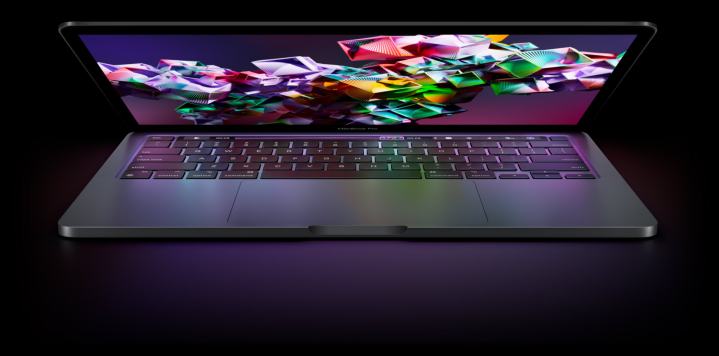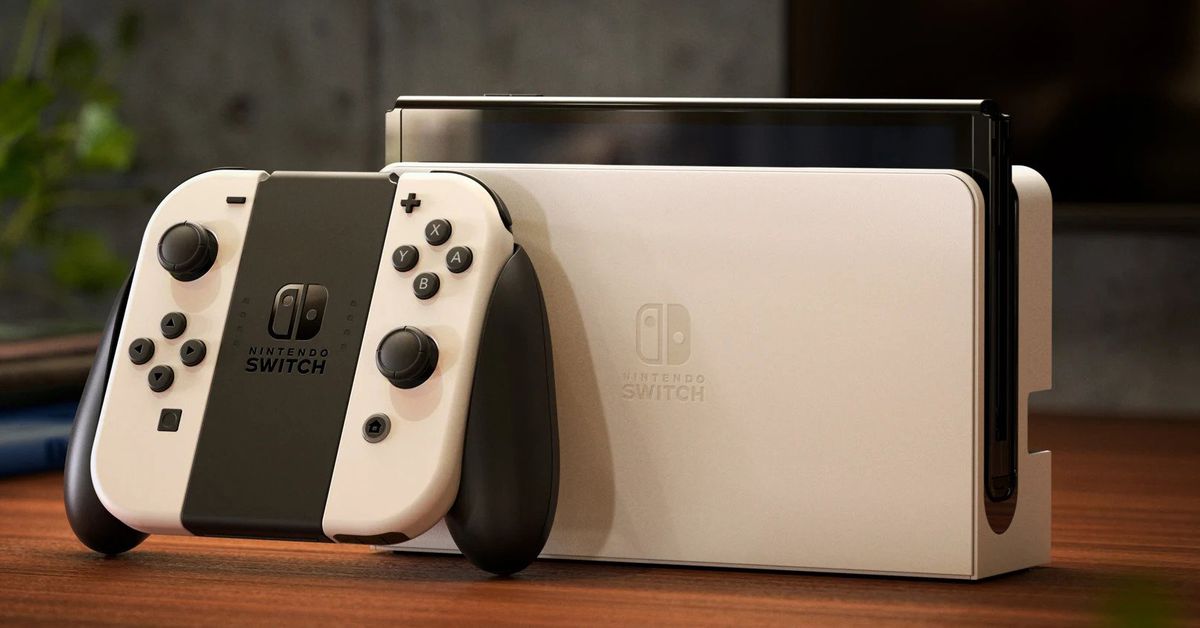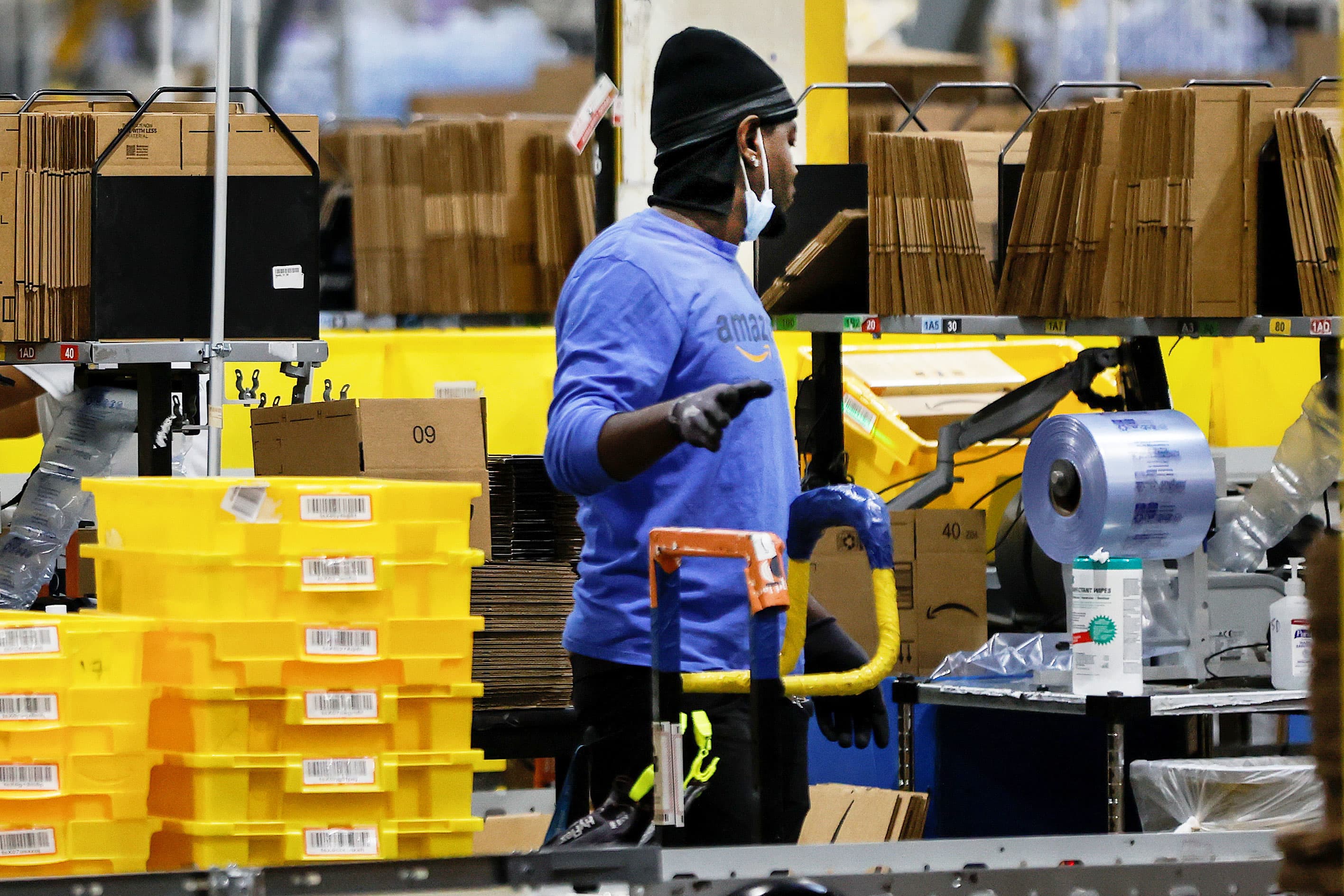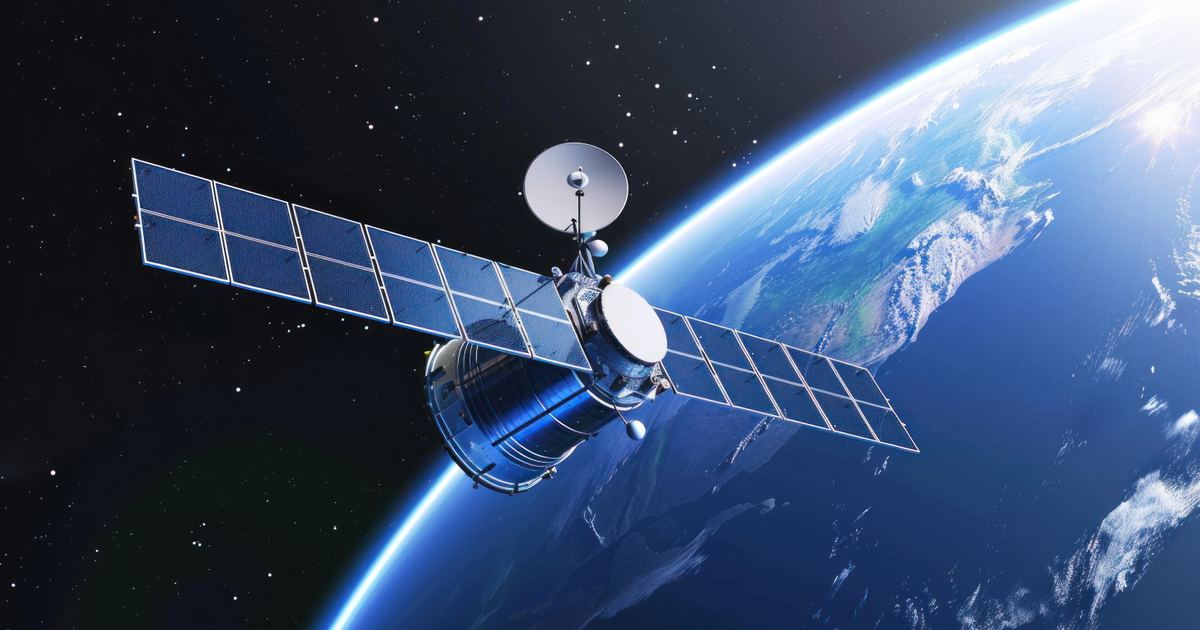The M2 MacBook Pro’s performance is far worse than anyone thought
Additional testing has shown that the Apple M2-powered MacBook Pro doesn't perform as well as the MacBook Pro with an M1 chip in popular benchmarks..

Additional benchmarks have shown the entry-level model of Apple’s MacBook Pro with an M2 chip is performing far worse than anyone expected. This comes after initial tests revealed that the device had a slower SSD when compared to last year’s MacBook Pro with an M1 chip.
Spotted by MacRumors, the M2 MacBook Pro reportedly lags behind in day-to-day multitasking performance in apps like Photoshop, Lightroom, and Final Cut Pro. Even file transfers to an external SSD suffer on Apple’s latest flagship laptop. This is all because the M2 MacBook Pro appears to be using space on the 256GB SSD as virtual memory when the in-built 8GB of Apple Unified memory is used up by the system and other apps.
Just like the issue with SSD speeds, this is believed to be due to the fact that Apple is only using a single NAND chip on the 2022 MacBook Pro 13-inch M2 models. That’s compared to the M1 MacBook Pro, which has two NAND chips for faster speeds.
 Apple
AppleA lot of the tests in question have been done by the YouTuber, Max Tech. In his 12-minute video, he showcases that when his tests are down on their own without background activity, the M2 MacBook Pro defeats the M1 MacBook Air. It’s only when multitasking and background activity on both machines comes into play that things go bad for Apple’s latest 13-inch flagship laptop.
For basic multitasking in Google Chrome, the M2 MacBook Pro loads several tabs and pages like Google Drive slower than the M1 MacBook Pro. Having that open on top of exporting 50 RAW images in Adobe Lightroom Classic, meanwhile, takes longer on the M2 MacBook Pro at a time of 4 minutes and 12 seconds versus just 3 minutes and 36 seconds on the M1 MacBook Pro.
In other tests done by Max Tech, the Apple M2 MacBook Pro falls even further behind the M1 MacBook Pro with so-called “pro app” background activity going in Final Cut Pro. A 5-minute 4K HVEC export on the M2 MacBook Pro took a total of 4 minutes and 49 seconds. The M1 MacBook Pro did that same test in 3 minutes and 36 seconds with similar background activity.
Even SSD File Transfers appear to suffer on the M2 MacBook Pro. Max Tech finds that in his video transfer tests, the M1 MacBook Pro writes a 35GB video file to an external SSD in 34 seconds, but the M2 MacBook Pro does it in 1 minute and 25 seconds. As for read speeds, the results are closer, with the M2 MacBook Pro doing it in 58 seconds, and the M1 MacBook Pro doing it in 45 seconds.
With all this in mind, if you’re considering buying a new MacBook Pro model with an M2 chip, you should definitely pay for the $200 upgrade and buy the higher-end model with 512GB of storage. Or, hold off and buy an older M1 model.

 BigThink
BigThink 
































